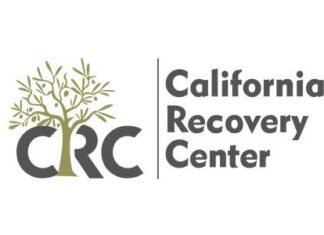The Placer County Board of Supervisors reviewed plans Tuesday for enforcing a new state law that allows home-based businesses to sell some types of food to the public, restaurants and stores.
Known as the California Homemade Food Act, the state law seeks to encourage community-based food production commonly known as “cottage food operations.” The law, Assembly Bill 1616, took effect on Jan. 1, 2013.
“I see this as a very good thing,” said Supervisor Jack Duran, noting that the new cottage food program will help stimulate sales of Placer County’s agricultural products.
County Director of Environmental Health Wesley Nicks agreed, telling the board, “I think it’s a great benefit to our community.”
He noted that the state law opens up opportunities for small home-based food businesses. It also protects public safety by limiting sales to foods that are not potentially hazardous to the public. On its website, the California Department of Public Health will maintain a list of types of food approved for preparation, handling and packaging at cottage food operations.
In the past, state law generally required all food sold to the public to be prepared at permitted commercial facilities.
In Placer County, the new law will be enforced by the Environmental Health Division of the Health and Human Services Department. All cottage food operations in Placer County must go through Environmental Health’s review process before they commence operations.
At Tuesday’s meeting, board members reviewed an enforcement plan consistent with AB 1616 that creates a two-tier system for registering and permitting cottage-food operations:
- Class A operations that sell approved foods directly to the public or at community events must register with Environment Health by submitting registration applications accompanied by completed self-certification checklists.
- Class B operations that sell some or all of their home-prepared foods indirectly to the public through businesses such as restaurants and markets will be required to get permits from Environmental Health. The permit process will include inspections by Environmental Health.
All cottage food operators will be required to prepare foods on the state-approved list, complete a food-processor training course within three months of registering, maintain sanitary conditions, create labels that comply with federal and state rules, and operate within established limits on gross annual sales.
In Placer County, Class A operators will be charged an annual fee of $80 and Class B operators will pay $240 per year. In a report to the board, Nicks noted that Placer County’s proposed fees are equal to or less than fees charged by comparable counties.
(21+ years strong)
Welcome to the brighter side!
Get in front of local customers! 24/7 (365)





















